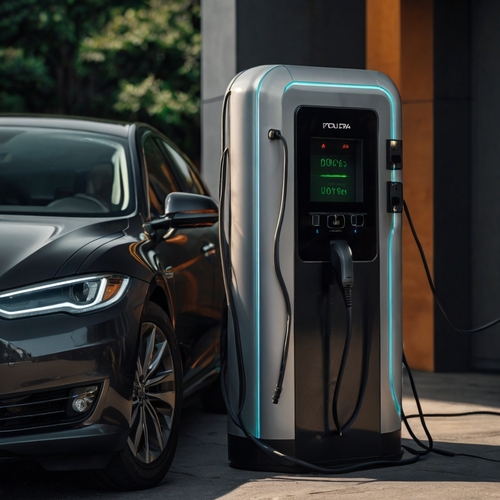The automotive industry is undergoing a significant transformation, with electric vehicles (EVs) leading the charge towards a greener future. The global shift towards electric mobility is not just about the vehicles themselves but also the necessary infrastructure to support their widespread adoption. In this context, the EV charger market is poised for substantial growth over the next decade.
The EV charger market, a key component of the electric vehicle ecosystem, is expected to see accelerated growth by 2031. The increasing number of EVs on the road will require a corresponding rise in the number of charging stations to ensure smooth operation and convenient access for drivers. Governments worldwide are investing in the expansion of EV charging infrastructure, while private companies are developing innovative solutions to meet the needs of EV owners. Charging stations will become more ubiquitous in urban areas, highways, and commercial spaces, addressing one of the major barriers to EV adoption.
As the demand for electric vehicles continues to rise, the focus of the EV charger market will shift towards improving the speed, efficiency, and affordability of charging solutions. Fast-charging technology will be a key focus, with an emphasis on reducing charging time significantly. This will make EVs more appealing to consumers who are used to the convenience of traditional gasoline-powered vehicles. In addition, smart charging solutions that can optimize energy use and reduce costs are likely to become more common by 2031.
Furthermore, the integration of solar power and other renewable energy sources with EV chargers is expected to increase, making the charging process even more environmentally friendly. This trend will not only benefit consumers but also contribute to the global effort to reduce carbon emissions. As technology continues to advance, the EV charger market will see the introduction of new solutions such as wireless charging and bidirectional chargers, which allow for the transfer of power from the EV back to the grid.
In conclusion, the EV charger market is set to expand significantly in the coming years. With technological advancements and increased investments in charging infrastructure, the transition to electric vehicles will become smoother, encouraging more consumers to make the switch. By 2031, the EV charger market will be integral to the widespread adoption of electric vehicles, supporting the global shift towards sustainable transportation.

No responses yet